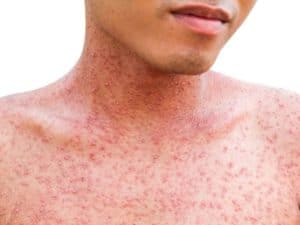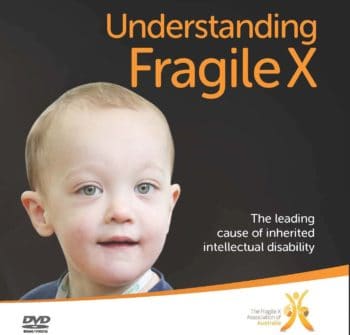Taking this course again? Click this button.
Course Summary
Quizzes
Following each lesson, there is a quiz. You must achieve a score of 70% to move on to the next lesson. The use of quizzes satisfies the CCL regulation that online courses be interactive.
Course Description
This five-hour online course covers Title 22 regulations for criminal background clearance for employees and live-in residents at CCL facilities. Each step is examined, from live-scan fingerprinting, to the declaration form, to the often misunderstood requirement for exemptions. Lessons also cover in detail how clearance and exemptions can be transferred from one licensed facility to another.
The purpose of criminal clearance is to prevent the exploitation, criminal abuse, and neglect of clients who live in residential care. The criminal background check process comes alive for the student through a look at real cases from the administrative law section of DSS. Administrative hearings adjudicate decisions on exemptions and the revocation of licenses. Finally, a course on criminal record clearance would not be complete without a survey of crimes committed in CCL facilities.












